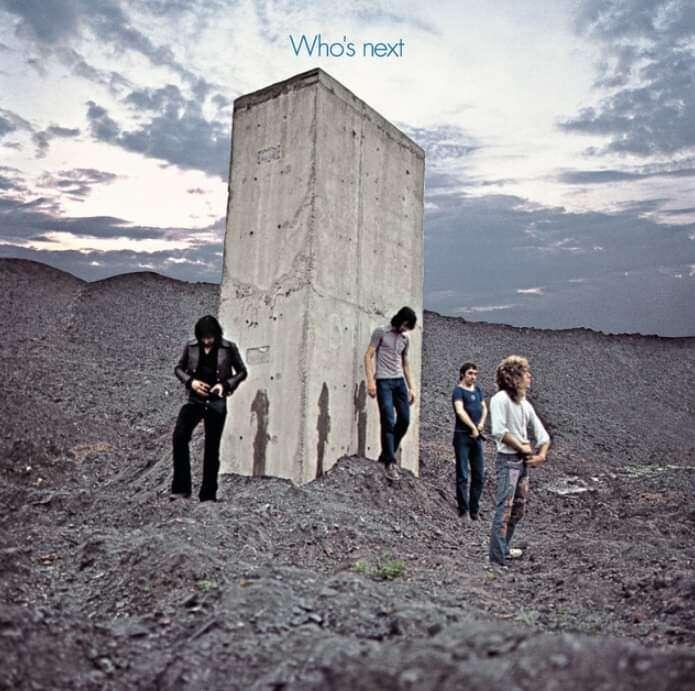Anarko on Nostr: 🌊 SURF 'N TURF 🏝️ -THE ISLAND LIFE- NOSTR PRIMAL 💜🧡❤️ GROW NOSTR ...
🌊 SURF 'N TURF 🏝️
-THE ISLAND LIFE-
NOSTR PRIMAL 💜🧡❤️ GROW NOSTR
APOCALYPSE ANONYMOUS by
ATOSHI ANARKOMOTO

"Baba O'Riley," often mistakenly called "Teenage Wasteland," is one of The Who's most iconic tracks, released as the opening song on their 1971 album "Who's Next."
Composed by Pete Townshend, the song is a thrilling amalgamation of rock and experimental synth sounds, reflecting the band's innovative approach to music during this era. The title of the song is a nod to Townshend's influences: Meher Baba, an Indian spiritual guru, and Terry Riley, a pioneer of minimalist composition whose work inspired the song's distinctive keyboard motif.
The track opens with a mesmerizing organ riff created using a Lowrey organ, processed through an early synthesizer to produce a looping, sequencer-like effect. This repetitive, driving pattern sets a futuristic tone, underscoring the song's theme of youthful disaffection in the wake of the 1960s counterculture movements.
The entrance of Roger Daltrey’s powerful vocals, singing "Out here in the fields, I fight for my meals," immediately captures the raw energy and existential themes of the song, painting a picture of post-apocalyptic survival and resilience.
The structure of "Baba O'Riley" is notable for its blend of traditional rock elements with electronic music. Keith Moon’s energetic drumming and John Entwistle’s robust bass lines anchor the song, providing a rock-solid foundation that contrasts with the ethereal synthesizer overlay.
Halfway through, the song transitions from a synth-driven spectacle into a more traditional rock format, featuring a violin solo by guest musician Dave Arbus. This shift adds an element of surprise and keeps the listener engaged through dynamic changes.
Lyrically, "Baba O'Riley" addresses the disillusionment felt by the younger generation, with references to teenage wasteland suggesting a lost, aimless youth left to inherit a broken world. The refrain, "Don't cry, don't raise your eye, it's only teenage wasteland," serves as both a consolation and a call to arms, urging resilience in the face of desolation.
Since its release, "Baba O'Riley" has become a defining song for The Who, frequently used in films, television, and sporting events, and is often regarded as one of the greatest rock songs of all time.
Its live performances are particularly celebrated, showcasing the band’s ability to capture the song's explosive energy and emotional depth in a concert setting. "Baba O'Riley" remains a powerful anthem of youthful defiance and a testament to The Who’s musical innovation.
https://youtu.be/x2KRpRMSu4g
Credits goes to the respective
Author ✍️/ Photographer📸
🐇 🕳️
#Bitcoin #Satoshis #Freedom #Apocalypse #Music #Movies #Philosophy #Literature
#Grownostr #Stoicism #Nature
